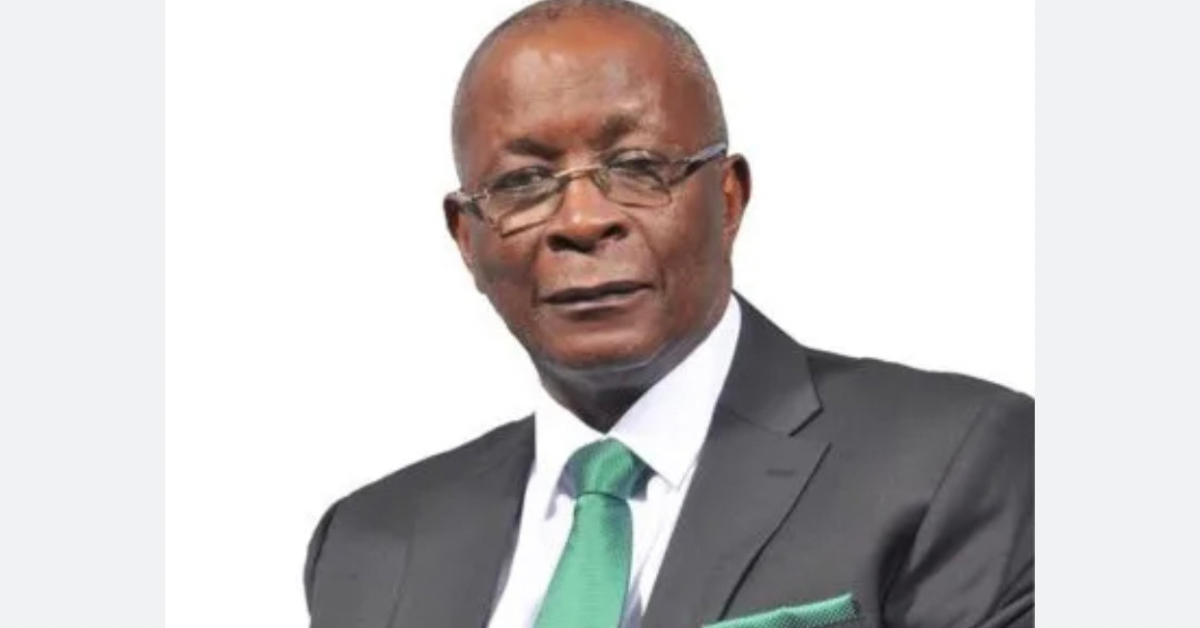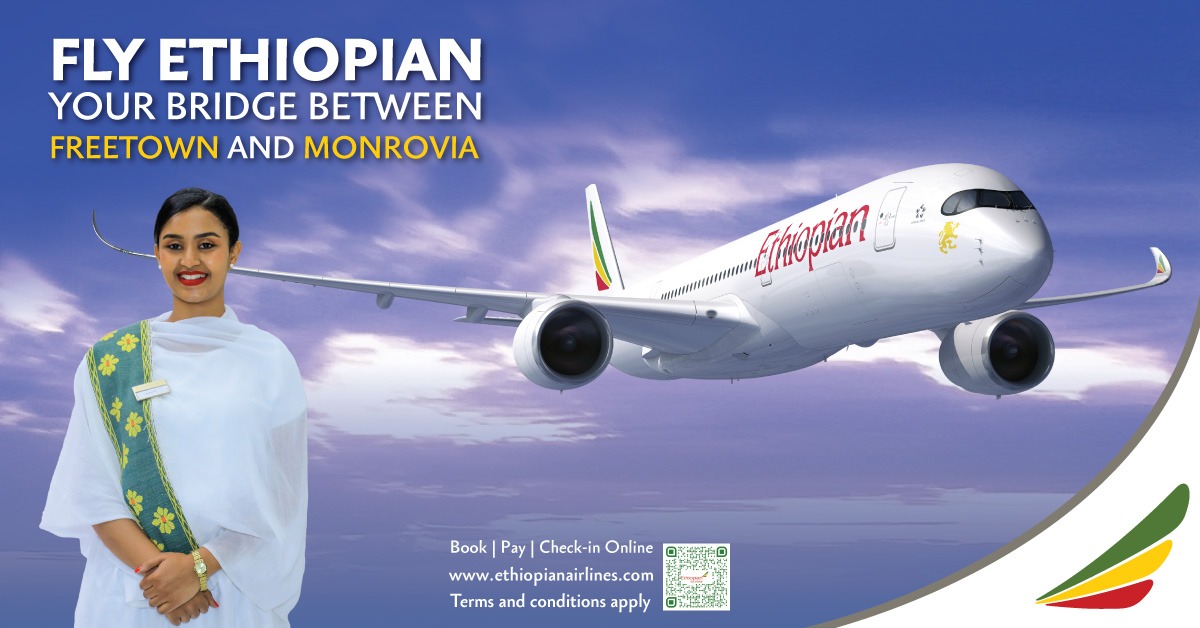Another year of independence is dawning. Sierra Leone will be sixty-four and we will still lean on her sapped breasts expecting our supply of milk. Some ninety six percent of us were not born at independence.
Only about 300,000 of us were alive, and of these, probably half would not have been old enough to recall what happened. A population of 2.2 million in 1961 has exploded to 8.4 million today.
Our division as a country started right after independence when festivities were overshadowed by the state of emergency, declared ten days earlier, following a campaign of sabotage by the opposition APC, which had been urging that independence should be postponed until free elections were held. Its leader, Siaka Stevens, was arrested about a week to independence along other party members. Since independence, numerous other parties have come and gone but the SLPP and APC still remain resilient and just as they were at daggers drawn at independence still have their daggers unsheathed to this day.
The 1962 elections revealed the depths of ethnic and regional polarisation in Sierra Leone. The SLPP retained power by winning most of its seats in the South and East. The period immediately following this was described as having “terrible, albeit foreseeable consequences on the unity of the young state that served to deepen existing cleavages.” The 1967 elections produced only one SLPP seat in the North and one APC seat in the South raising the spectre of a permanent Mende-Temne divide.
Some yearning for the “good old days” may recall that we used to feed ourselves and were a net exporter of rice, had a thriving railway that made it easy to transport goods and raw materials from the provinces, reliable electricity and water services in some provincial headquarter towns and big mining companies such as SLST and DELCO, providing employment to thousands and supporting boom towns-not to mention their impacts on the national economy. Later we could also boast of provincial airports all over this country, industries like Aureol Tobacco Company and Wellington Distilleries and tourists flying from Europe to go to tourist resorts in Toke and other areas. Many of these were however short lived and most of the services served only a fraction of the much smaller population that existed then.
Overall, however we did not have a solid pervasive foundation in governance, education or infrastructure on which to firmly anchor our nascent state at independence. The British left us with little in the way of infrastructure. Horrible roads made most areas in the hinterland impenetrable. We also lacked the manufacturing infrastructure to add value to our raw materials. We communicated at a snail’s pace-a simple overseas call involved lining up outside SLET, something we now do with our mobile phones. Though the quality of education was worthy of emulation, it was narrow in scope and only accessed by an insignificant number of people.
Later, the railway was scrapped, bringing a lot of hardship to rural farmers and the populace. We witnessed the introduction of violence on the national political landscape, student unrests and interference into the army and judiciary. A one-party state was declared in 1978 and we witnessed the centralization of power and violence on the political landscape. Sluggish food production led to importation of rice and low government prices for cash crops used to finance imports. A largely informal economy meant that the treasury was starved of resources. By 1985/86 domestic revenue collection had plummeted to just 18 percent of the levels in 1977//78. We also witnessed an era of severe devaluation of the currency and monopolistic profits as well as the oligopolistic control of trade and foreign exchange. By the early 1980s the economy, based on primary products was made vulnerable to fluctuations in world prices. The adopted austerity measures in 1987 to attract IMF support in reducing subsidies resulted in severe hardship and government found it difficult even to pay civil servants.
President Kabbah summarized our fate very well when he said in a UN speech:
“The truth of the matter is that in the last thirty years of our history as an independent nation, Sierra Leone has experienced three military coups, at least seven attempted coups, and two so-called “palace coups” when one military regime displaced another. During this period a culture of military indiscipline, lack of accountability, compounded by greed and economic mismanagement, took deep roots in our country. The political and economic situation in Sierra Leone was thus precariously unstable.”
Since independence we have witnessed a devastating ten-year rebel war and two major pandemics that set us further aback. Post-war, we rebuilt, rehabilitated, tinkered with governance structures, and embarked on a sustained period of democracy. We have had democratic elections which brought in President Kabbah, ten years of President Koroma’s APC and are in the seventh year of President Bio’s tenure. Truth be told, there have been improvements in various spheres of the country’s governance during this post-war period-for the sake of brevity, I will resist the urge to outline and compare the gains made by each of these dispensations. Suffice it to say however that a number of countries that started with similar conditions and resource endowments at independence have succeeded in structurally transforming and diversifying their economies better than we have.
It would be good advice for us Sierra Leoneans to heed sage advice from the past on our national motto, “Unity, Freedom and Justice” which we need to inculcate into our daily lives.
Our first Prime Minister, Sir Milton Margai had warned us in his independence speech in 1961:
“We must also face up squarely to the problems which will confront us, and I want you all to understand clearly that the Sierra Leone Government in future will depend very greatly upon the active support and assistance of each one of you…..I ask you to deal fairly and honestly with your fellow men, to discourage lawlessness, and to strive actively for peace, friendship and unity in our country …….I would like to make it clear that independence will not result in any sudden changes in our day-to-day life.”
President Kabbah in April 2000 chose the country’s motto, “Unity, Freedom and Justice” as the theme of his independence anniversary message and urged us to seriously try to understand our national principles and objectives, and apply them in our relations with each other and to unite our strength in the larger interest of the nation.
He said: “….. we cannot expect to succeed in consolidating the peace if we encourage and exploit regional, tribal and even gender differences to the detriment of the unity and integrity of the nation. We cannot expect to achieve national integration, or maintain stability, if we continue to create spheres of influence and indiscriminate exploitation within the territory of Sierra Leone. It is worth restating that there is one and only one united Sierra Leone, with one and only one government. In this regard, I would like to assure you that my concept of unity is still based on ethnic and religious tolerance, political inclusion, and consensus in decision-making. These are and should remain the hallmarks of our democracy.”
President Kabbah also reminded Sierra Leoneans that the word “freedom” in our national motto, also implies freedom in the area of economic and social rights and that when we talk about “justice” we are reminded that our Constitution makes ample provisions for “the recognition and protection of fundamental human rights and freedoms of the individual” and an appropriate mechanism for the administration of justice based on the rule of law.
Sixty-four years after independence, we espouse many positive attributes of unity in our intermarriages, religious tolerance, support for alumni associations and other areas of life. Sadly, we are sharply divided as a nation on many issues of a political nature. As we reflect on this anniversary, let us be assured that despite out weak foundation at independence we can still strengthen Sierra Leone by espousing the virtues in our national motto of Unity, Freedom and Justice.
Ponder my thoughts and a Happy Independence Anniversary to you all.




 Post a comment
Post a comment










